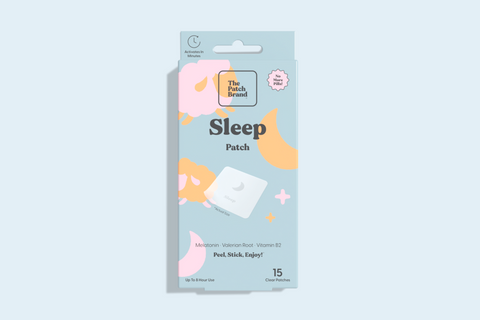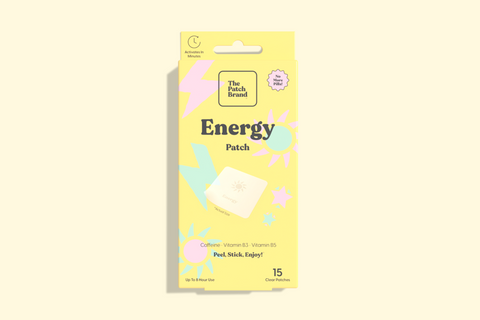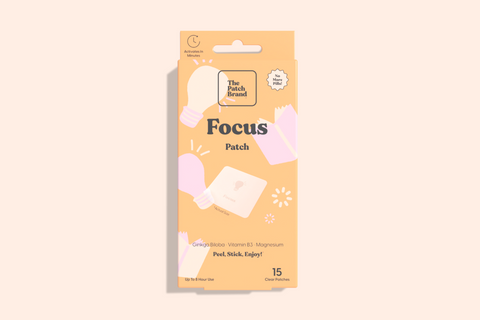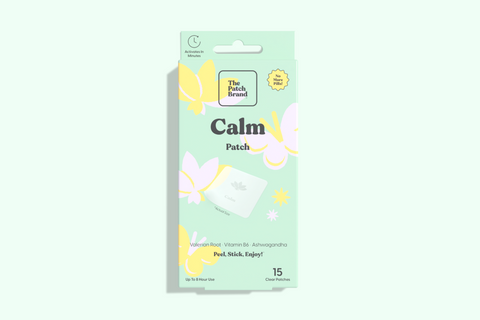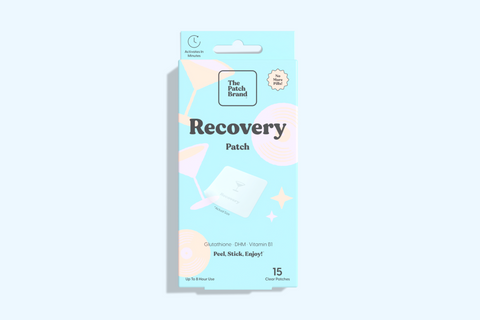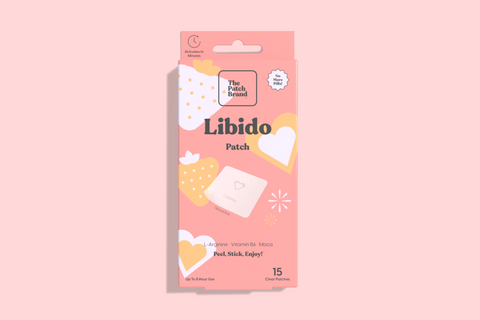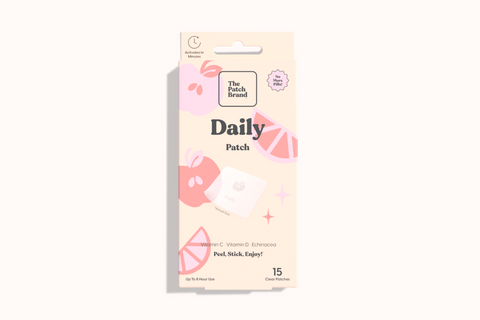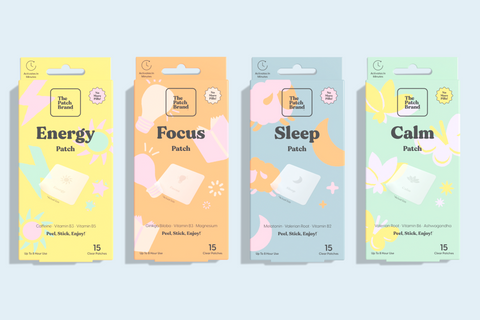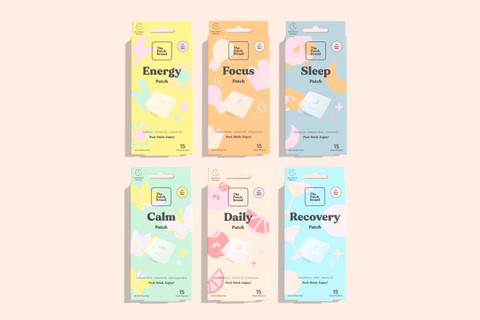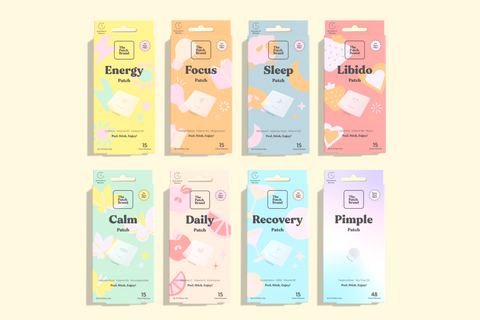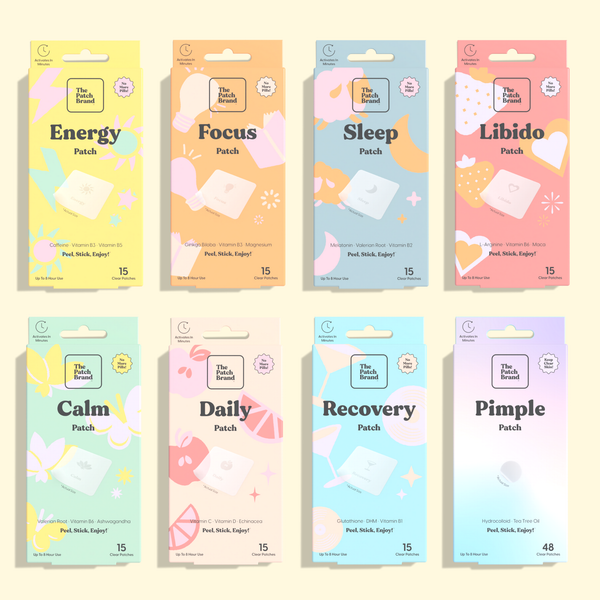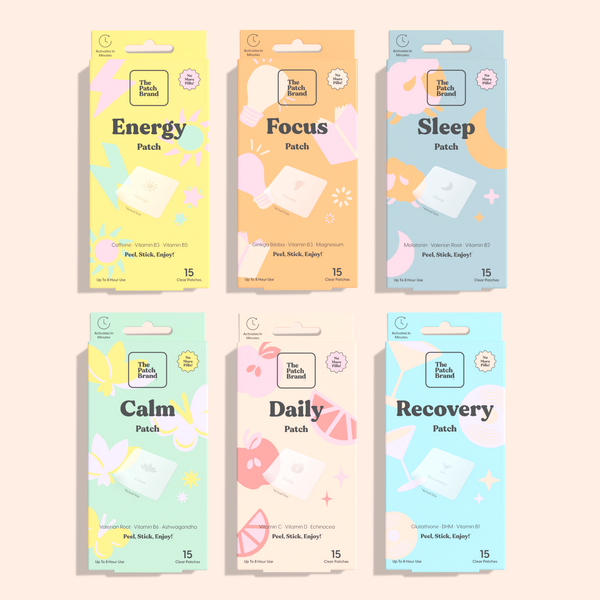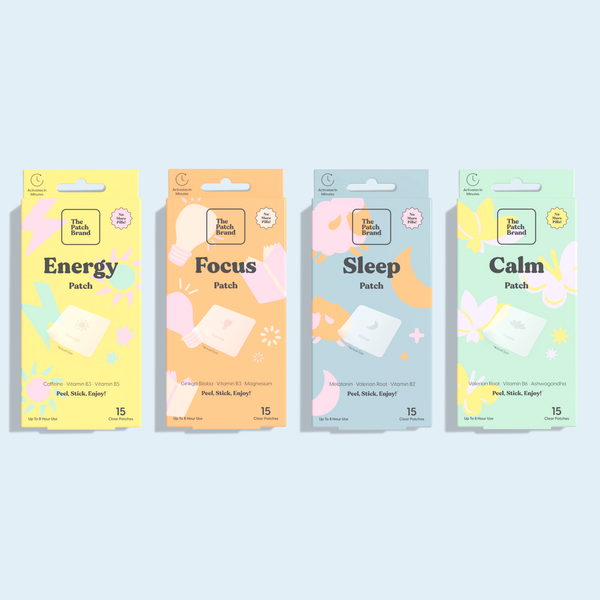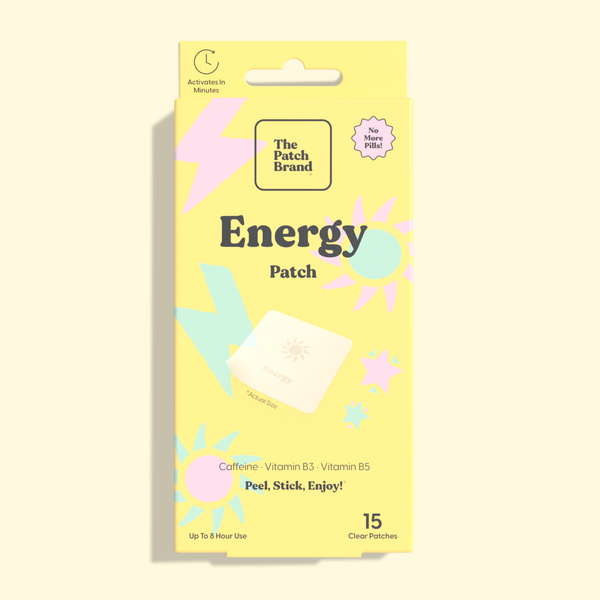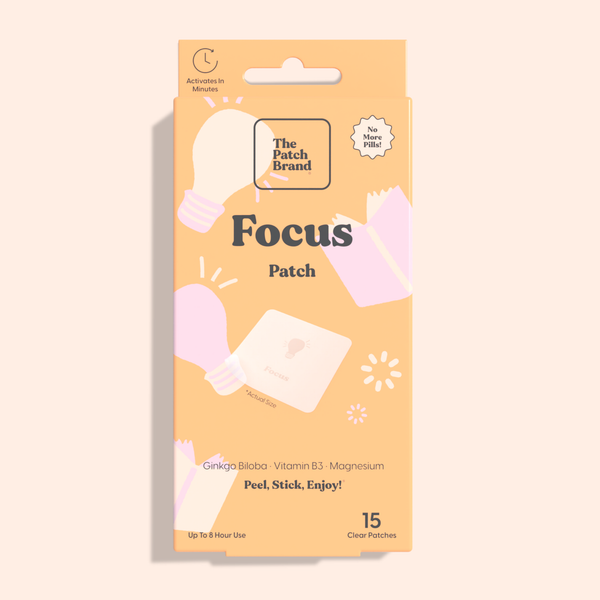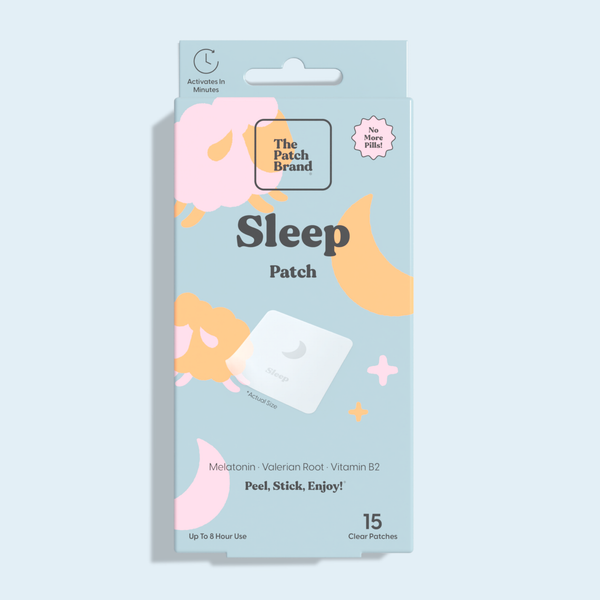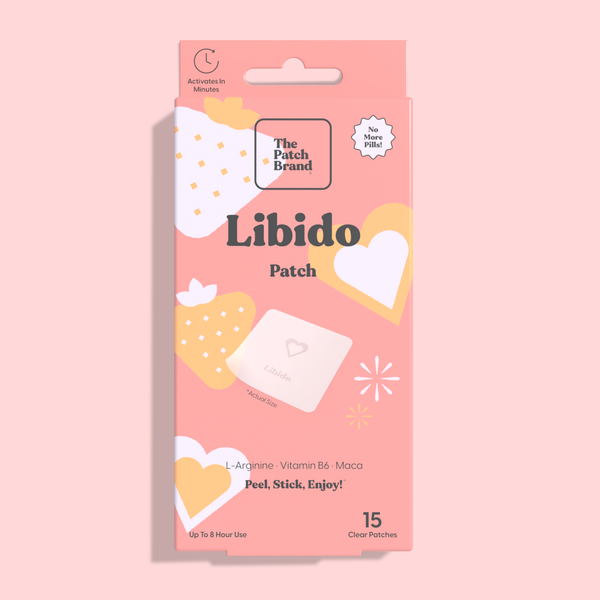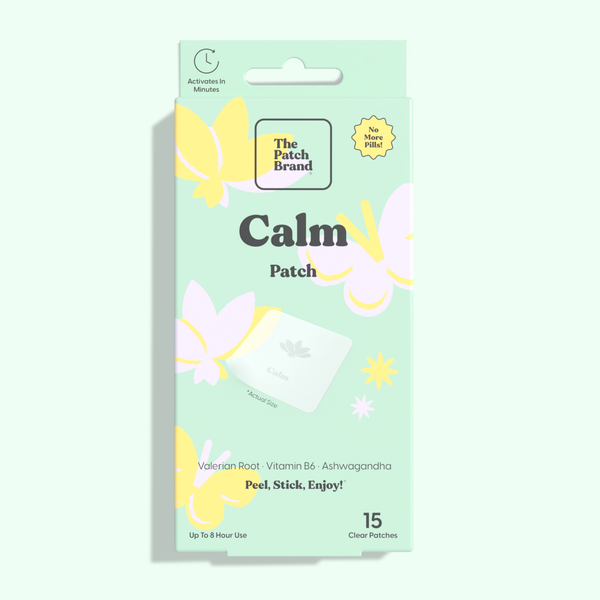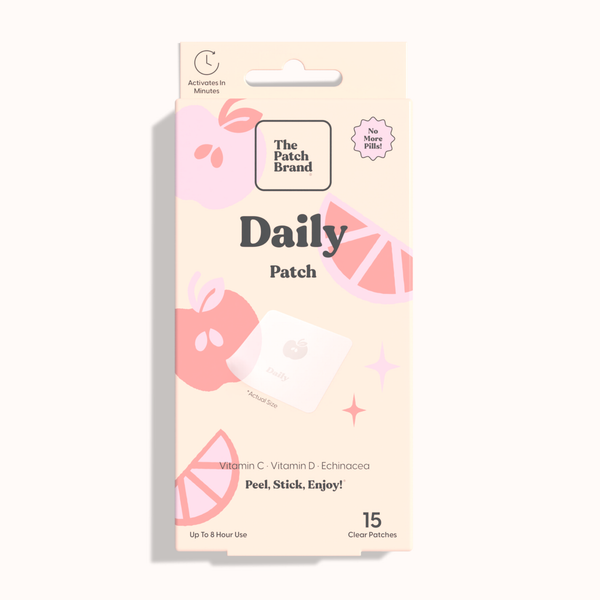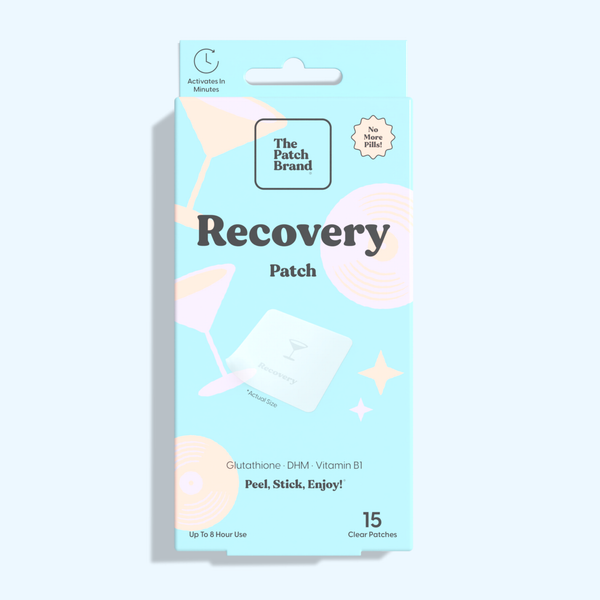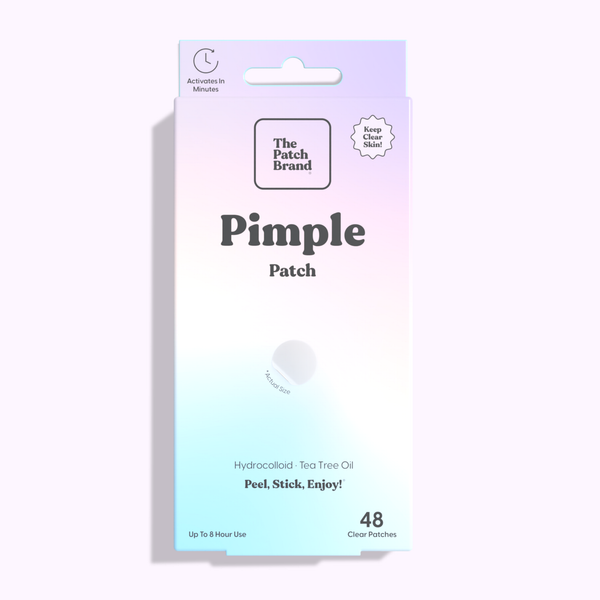Pimples, a common skin concern for many, can be more than just a temporary cosmetic issue. They often impact self-esteem and can lead to long-term skin problems if not managed properly. Understanding how to prevent pimples starts with basic skin care knowledge and awareness of factors that contribute to acne. This guide is designed to walk you through the essential steps and practices for pimple prevention and care. By laying a strong foundation of skin health, you can tackle pimple-related concerns more effectively and maintain a clear, healthy complexion.
Understanding Pimple Formation
Pimples start with the overproduction of sebum, an oily substance produced by the sebaceous glands in the skin. While sebum is essential for keeping the skin hydrated and healthy, excessive production can lead to clogged pores. These clogged pores become the ideal breeding ground for pimples. Factors like genetics, hormonal changes, and even certain skincare products can stimulate increased sebum production, leading to more frequent breakouts.
Bacteria, particularly a type called Propionibacterium acnes (P. acnes), play a significant role in the development of pimples. This bacteria thrives in the oily environment of clogged pores. When P. acnes bacteria infects the clogged pore, it can lead to inflammation, redness, and swelling, resulting in the familiar appearance of a pimple. Understanding this bacterial component is crucial in choosing effective treatments and preventive measures against acne.
Hormonal fluctuations, especially during puberty, menstruation, pregnancy, and menopause, can significantly impact skin health. These hormonal changes can increase sebum production, leading to a higher likelihood of developing pimples. Additionally, stress hormones like cortisol can worsen acne by further stimulating sebaceous glands. Recognizing the link between hormones and skin health is essential for managing acne, particularly for those who experience breakouts in sync with hormonal changes.
Knowing your skin type is a critical step in managing and preventing pimples. Skin types typically range from dry, normal, and combination, to oily, each with its specific characteristics and challenges. Oily skin types, characterized by excess sebum production, are more prone to pimples. Conversely, dry skin can become irritated and more susceptible to breakouts if not properly moisturized. Understanding your skin type helps in selecting the right skincare products and routines that can help prevent pimples effectively.
Essential Skincare Practices for Prevention
Daily cleansing is fundamental in preventing pimples. It removes excess oil, dirt, and impurities that can clog pores and lead to acne. For those pondering “how to prevent pimples on the face,” the answer often starts with a gentle, non-irritating cleanser. It’s important to cleanse twice a day – morning and night – but avoid over-washing, as this can strip the skin of its natural oils and lead to irritation or increased sebum production. Let’s understand how a balanced routine can be pivotal in managing acne:
-
Incorporate Non-comedogenic Products: Be it moisturizers, sunscreens, or makeup, ensure they are non-comedogenic to avoid pore blockage.
-
Hydration is Key: Even if you have oily skin, don’t skip the moisturizer. Opt for gel-based or water-based products that provide hydration without heaviness.
-
Sensible Exfoliation: Choose gentle chemical exfoliants over rough physical scrubs. Over-exfoliation can damage the skin barrier and worsen acne.
-
Sun Protection: Sunscreen is a must. UV exposure can not only damage skin but also exacerbate acne marks.
-
Mindful Makeup Choices: Prefer mineral-based or oil-free makeup products. Always remove makeup before bed.
-
Regular Sheet Masking: Using hydrating sheet masks can soothe and calm acne-prone skin, providing extra hydration.
Following these steps diligently forms a robust defense against pimples, catering to various aspects of skin health that contribute to acne formation.
Diet and Lifestyle Impacts on Skin Health
What you eat significantly impacts your skin health. It's clear that a holistic approach is key to diet and lifestyle affect skin health. Here’s how you can integrate these aspects into your life:
-
Balanced Diet: Prioritize fruits, vegetables, and lean proteins. Reduce intake of processed, sugary, and high-fat foods.
-
Stay Hydrated: Drink plenty of water throughout the day. Hydration aids in detoxification and maintains skin moisture balance.
-
Quality Sleep: Commit to a regular sleep schedule. Good sleep helps repair skin cells and balance hormones.
-
Stress Management: Engage in activities like yoga, meditation, or hobbies that relax the mind and body.
-
Limit Alcohol and Caffeine: Both can dehydrate the skin and disrupt sleep patterns, so moderation is key.
-
Avoid Smoking: Smoking can accelerate skin aging and worsen acne conditions.
By incorporating these elements into your daily routine, you address skin health from multiple angles, enhancing your body's natural ability to maintain clear, pimple-free skin.
Topical Treatments for Pimple Care
Salicylic acid is a widely used ingredient in acne treatment due to its ability to penetrate and cleanse pores deeply. It works by dissolving dead skin cells and excess sebum that can clog pores. For effective use, look for products like cleansers, toners, or spot treatments that contain salicylic acid. It's important to start with a lower concentration to see how your skin reacts and then gradually increase if necessary. Remember, while salicylic acid is potent, overuse can lead to skin irritation.
Benzoyl peroxide is another key ingredient in the fight against pimples. It works by killing acne-causing bacteria and helping to clear blocked pores. Available in various formulations like creams, gels, and washes, it's essential to start with the lowest concentration to minimize skin irritation. Consistent use of benzoyl peroxide can significantly reduce inflammation and prevent future breakouts, making it a staple in acne treatment routines.
Tea tree oil is known for its natural antimicrobial and anti-inflammatory properties, making it an excellent alternative for those seeking more natural pimple treatment options. It can be effective in reducing the severity of pimples when used as a spot treatment. However, it should be used with caution, ideally diluted in a carrier oil or products formulated with lower concentrations, as it can be quite potent and potentially irritating to sensitive skin.
Prescription Medications and Professional Treatments
Retinoids, derived from Vitamin A, are a powerful tool in acne treatment. They work by promoting cell turnover and preventing the clogging of pores. Prescription retinoids like tretinoin and adapalene are stronger than over-the-counter options and can be highly effective for persistent acne. However, they can also cause skin irritation, dryness, or sensitivity to sunlight, so it’s crucial to use them under the guidance of a dermatologist.
For severe or stubborn acne, dermatologists may prescribe antibiotics, either topical or oral. These medications target the bacteria that contribute to acne formation. While effective, it’s important to use antibiotics as directed to avoid antibiotic resistance. They are usually prescribed for a limited period and often in conjunction with other acne treatments to maximize effectiveness.
Hormonal therapies, like birth control pills or anti-androgen drugs, can be an option, particularly for women who suffer from acne due to hormonal imbalances. These treatments work by regulating the hormones that can cause excess oil production. It’s essential to discuss the benefits and potential side effects with a healthcare provider before starting any hormonal therapy.
Preventive Strategies Against Common Triggers
An effective strategy to stop pimples involves identifying and avoiding personal acne triggers. Common triggers can include certain foods, stress, hormonal changes, and even some cosmetics or hair care products. Keeping a journal to track your acne flare-ups with your lifestyle and habits can help pinpoint specific triggers. Once identified, you can take steps to avoid or manage these triggers as part of your acne prevention strategy.
Making lifestyle adjustments can have a significant impact on your skin health. Regular exercise can also help by reducing stress and promoting healthy blood circulation, which is beneficial for skin health. However, it's important to cleanse your skin after sweating to prevent clogged pores.
Continuously nurturing your skin health is crucial. Regularly revisiting and updating your skincare routine, staying informed about new treatments and products, and consulting with skincare professionals when needed are all part of a proactive approach to skincare. Remember, what works for one person may not work for another, so personalization is key. Ultimately, caring for your skin is an integral part of overall health and well-being. Whether it's figuring out how to prevent pimples on the face or exploring advanced treatments for stubborn acne, each step you take is an investment in your skin's future. By embracing a holistic approach that combines effective skincare practices with healthy lifestyle choices, you can enjoy clearer, healthier skin for years to come.
